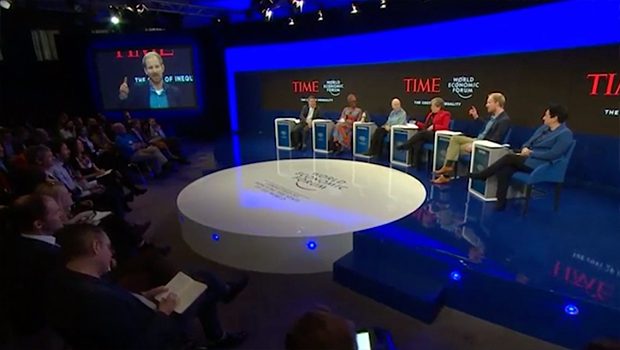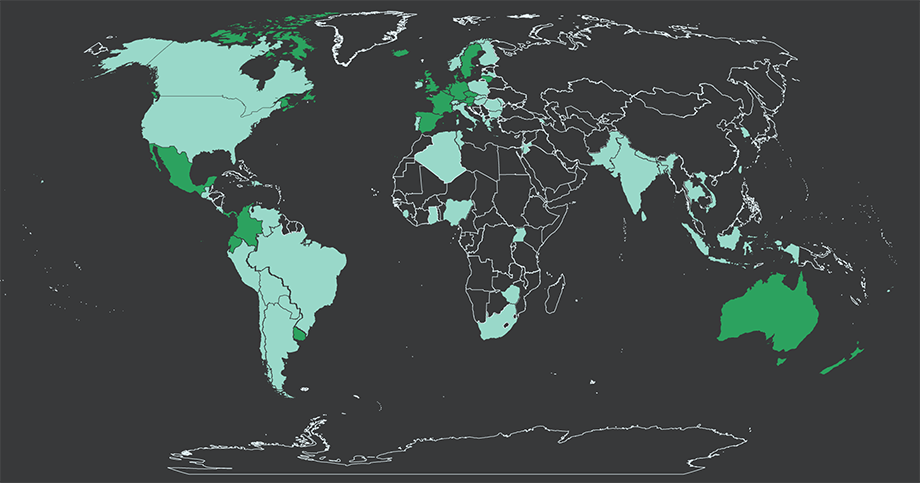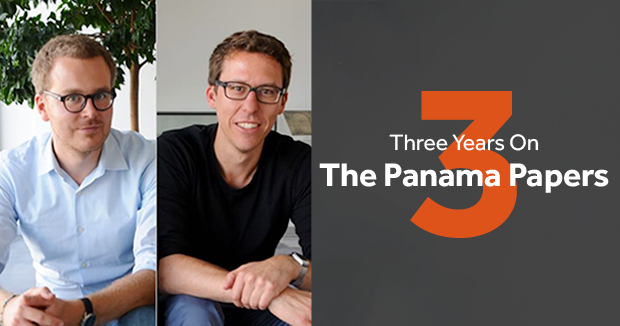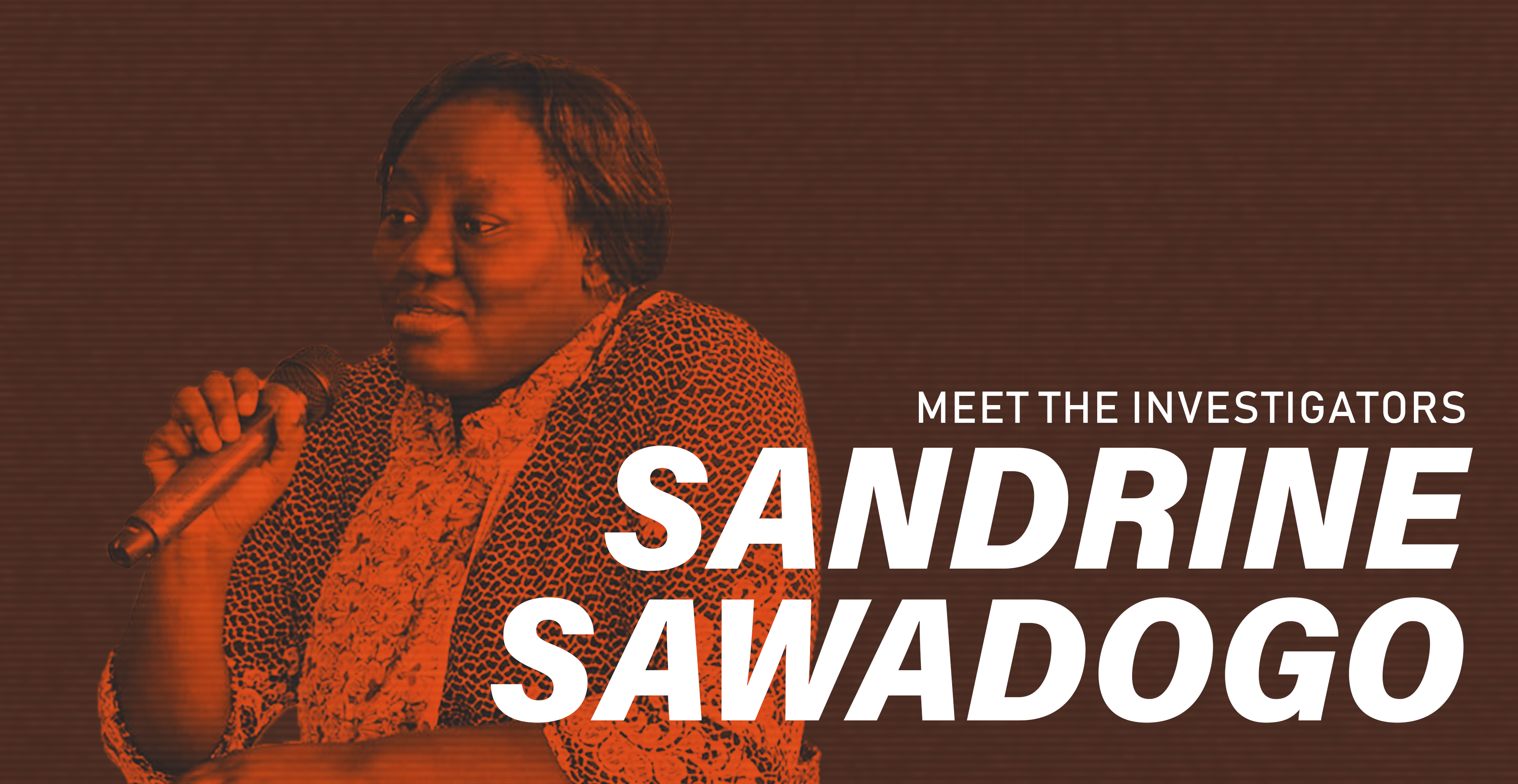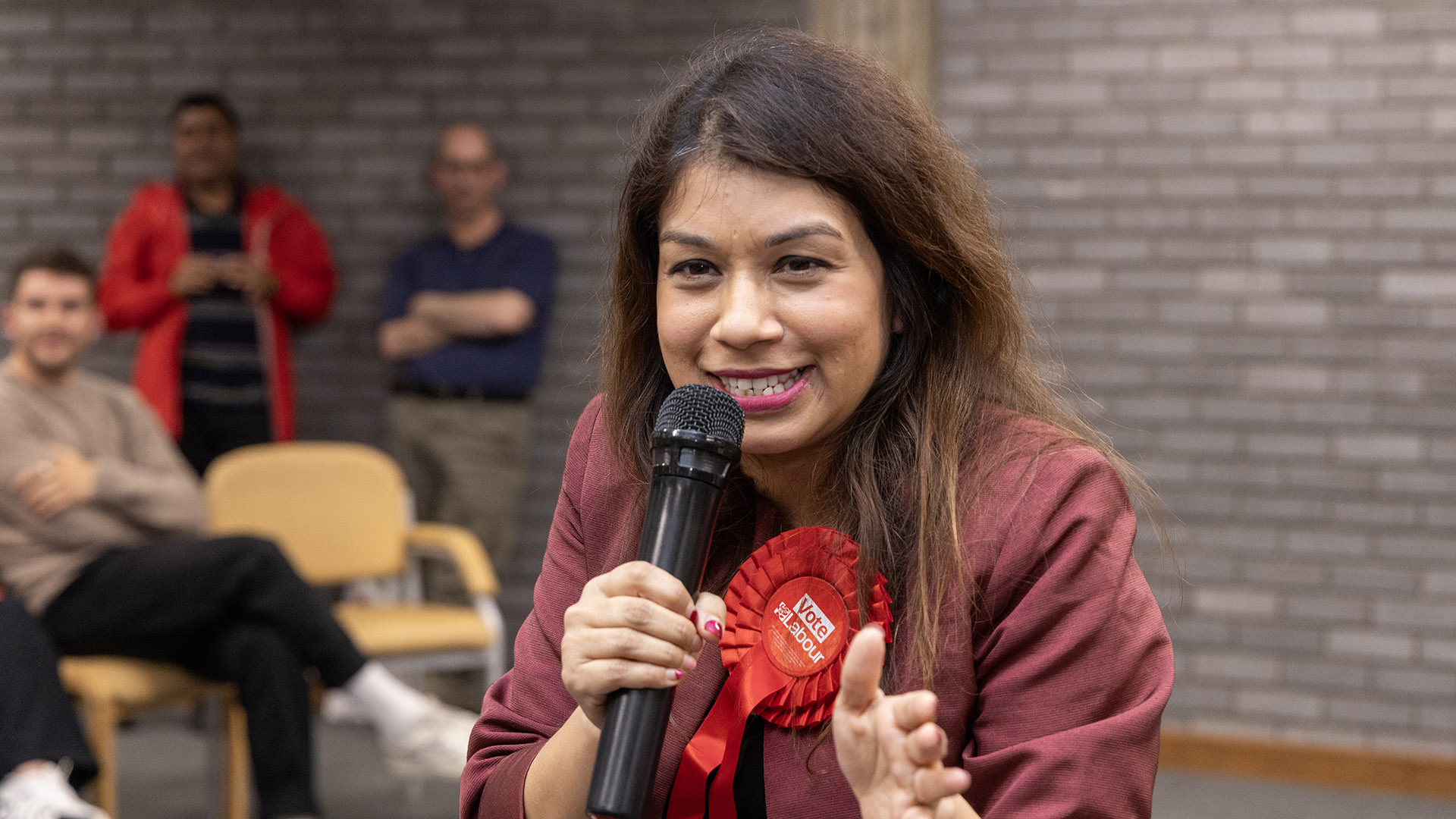Dutch historian and De Correspondent journalist Rutger Bregman didn’t expect to blast global elites at the World Economic Forum in Davos this year. But after days of listening to billionaire speakers promoting philanthropy schemes as a solution for world inequality, he couldn’t take it anymore.
“We’ve got to be talking about taxes,” he declared. “That’s it, taxes, taxes, taxes.”
Shutting down tax avoidance schemes and forcing the wealthy to pay more in taxes is the only real solution to the problems that plague the world, he said — but the uber rich who swooped into town in their private jets didn’t even want to talk about it.
“It feels like I’m at a firefighters conference, and no one is allowed to speak about water.”
Bregman’s rant blew up online, but he suggests his virality comes with growing public support for fairer taxation. He cites the International Consortium of Investigative Journalist’s extensive reporting into secretive financial structures in places like Panama, Bermuda and the British Virgin Islands, as a catalyst for the shift.
We sat down with Bregman to talk tax hikes on the super-rich and his infamous run-in with American conservative television personality Tucker Carlson.
The interview has been edited for clarity and length.
Even if you don’t have a heart, at least you have a wallet, right? I think that’s very important to emphasize. – Rutger Bregman
How did you get interested in the issue of inequality?
I see history as a tool to show people that the way we’ve structured our society and economy right now is not inevitable, you know, that it can all change. In that sense, I think that history is one of the most subversive of all the sciences because it just opens your eyes to all the possibilities out there.
You can have a whole long theoretical debate about how high should the top marginal tax rate be. Some people would say, well, a top marginal tax rate of 70 or 80%, that’s ridiculous, that will never work, that will destroy our economy. But you could also just look at history and then you’ll just find out that in the 50s and 60s, we had those kinds of tax rates under often conservative politicians, like [Dwight D.] Eisenhower, as I mentioned at Davos. And, it worked perfectly well.
It just opens your eyes. Just to see that things were often radically different in the past.
So often we talk about these issues as zero-sum policies: I take a bit from you so that I can give it to someone else. The actual evidence shows that there are a lot of win-win policies out there. That if you eradicate poverty, that healthcare costs go down, crime goes down, kids perform much better in school. Every dollar you invest, you get a return of three or four dollars.
Even if you don’t have a heart, at least you have a wallet, right? I think that’s very important to emphasize, it’s also what I’ve tried to do in Davos, is to emphasize that it’s not really about partisanships, these are really bipartisan ideas. I don’t think we’re at a point where this is about left versus right, but it’s more about plutocracy versus democracy.
How do you view tax as part of the inequality ecosystem or a “means to an end”?
A couple of days ago, Nancy Pelosi [speaker of the United States House of Representatives] asked a question about Medicare-for-all. She asked, “How are we ever going to pay for that?” My answer was, again, taxes, taxes, taxes. It’s not very difficult.
If you look around the globe, you just see that the countries with the strongest welfare state, the strongest systems of social support and higher levels of taxation are also the places where people actually want to live. If you ask citizens from around the world, imagine the perfect country: what level of inequality would it have? What level of social mobility would it have? They say, well, something like Denmark sounds good. I always say this, if people want to experience the American dream, just move to Denmark. Your chances are much higher there.
Where are you seeing resistance to these ideas?
Davos, for example. I mean, it was a very weird experience I had. People talking about all sorts of issues: inequality, about feminism, about participation, about inclusion, all such wonderful things. But they don’t talk about taxes. I was at the one panel where tax avoidance was the main subject.
It was a small panel, and there was one journalist, Bastian Obermayer, from [ICIJ’s German partner] Süddeutsche Zeitung, the one who received the Pulitzer Prize [for the Panama Papers]. And, it took I think about 40, 45 minutes before he actually got the opportunity to say something. It was a bizarre experience. We were mainly listening to the minister of finance from Ireland, a notorious tax paradise, explaining how wonderful Ireland is and how they’re really not a tax paradise anymore, blah, blah, blah. Bastian was basically ignored by the rest of the panel. So, that was really the moment when I really decided, okay I’m going to make a speech about how bizarre this whole conference is.
Was it in the moment or prepared?
The night before. I mean, I must say, I’m not an expert on issues of tax avoidance, I know quite a bit about it but obviously not as much as Bastian Obermayer. But then again you don’t know need to be an expert to see how bizarre the situation we’re in right now. Inequality is spiraling out of control, the vast majority of people around the globe are in favor of higher taxes on the wealthy, and somehow it’s still not happening, and in Davos we’re still listening to people like Bono explaining what a just society would look like, right? People just can’t stand that anymore: the hypocrisy.
In the U.S., at least, there appears to be growing support for wealth redistribution and higher taxes on the rich. Is the zeitgeist changing?
Well it’s amazing, isn’t it? I mean in 2016, [U.S. Senator] Bernie Sanders was a lonely figure, right? I mean, a powerful figure but still quite lonely in the Democratic party. It sort of felt like he and [the Leader of the Labour Party in the United Kingdom] Jeremy Corbyn are like survivors, after the financial crash, and people were like, okay, we need new ideas, who has new ideas? And there were these two old guys who were leftovers from the 70s, they came out of their caves and they became hugely popular. But now what’s so exciting is that there is a new generation, like [U.S. Congresswoman] Alexandria Ocasio-Cortez, who is so young, so eloquent, so smart coming up with these new proposals.
Also, [critics] say, that sounds like communism; that sounds like Venezuela. And we say, whatever, it’s boring, that [argument] doesn’t work anymore. It’s a generation that’s not traumatized by the Cold War but just sees these things like, guaranteed maternity leave, universal childcare, Medicare-for-all as just common-sense, rational policies that the vast majority of people want. So, let’s implement them already. And how do we pay for it? Well, with taxes. It’s not that difficult.
What’s the priority? Closing tax avoidance loopholes versus hiking taxes for the rich? Or both?
I think I’d say [both]. I mean, it’s just so important that we are actually talking about these issues, and this is where all the leaks have been so important. The Panama Papers, the Paradise Papers, the Lux Leaks, etc. It just keeps the subject on the news agenda and that is so important.
In reality, there’s not going to be a distinction between, oh should we talk about top marginal tax rates first, or wealth taxes first, or about cracking down on tax paradises. It will all happen at the same time.
Tax issues are pretty unsexy, how do you get people to care about, for example, the Panama Papers three years on?
I think you guys are doing a good job. You’re tying it to specific people, that helps. If it’s newsworthy, then people pay attention. Or look at what Oxfam is doing, every single year they get all the headlines with this simple fact that the billionaires own as much as half of the world population, I think that’s all brilliant work. It makes us focus on the right thing.
What kind of response have you got to your book and your call for more taxes in general?
The thing that surprised me the most is how bipartisan the support has been that I received. So, you’d expect that the people on the left would love me and people on the right would hate me. I got some hate mail but I also got an extraordinary amount of emails from Fox News viewers, Republicans who are like, okay, normally I’m a fan of Tucker Carlson [a conservative television personality in the U.S.] but this time, I’m on your side because I think you are right and he should have just answered your questions that were legitimate questions and he didn’t.
1/ Here’s the interview that @TuckerCarlson and Fox News didn’t want you to see. I chose to release it, because I think we should keep talking about the corrupting influence of money in politics. It also shows how angry elites can get if you do that. https://t.co/hs1474MJNM
— Rutger Bregman (@rcbregman) February 20, 2019
What’s next for you?
I want to go on holiday! I’m just working on my new book, which is a book about human nature and in the book I’ll defend a much more optimistic view of human nature. So often we assume most people are selfish, are egoists and only care about themselves, and I often think that when you have that worldview, you start designing institutions in a way that brings out the worst in people, basically.
And so my book is about what happens if you assume the best in people, what happens if you assume that most people are intrinsically motivated, are creative, are cooperative, are fundamentally social beings, what would our democracy look like? What would our schools look like? Our prisons, etc? So it’s a very simple idea but it’s also a really radical idea. Basic income is already a little bit like that, right? You assume that most people could actually do something useful with that money, it’s all about trust.
So yeah, that’s what I’m working and I’m looking forward to the moment when I’ll finally have the moment to actually do that again. Being in a viral storm is quite an experience I can assure you.
